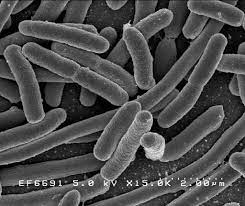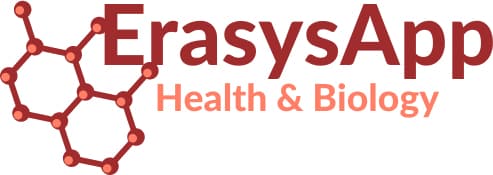Summary
Escherichia coli is a well-established and the most widely used organism for the production of recombinant proteins (used in medical and industrial applications, as molecular biology reagents, etc.). Production of proteins is the most resource exhaustive process for the cells and therefore needs to be optimized to achieve maximal productivities. Natural environment of E. coli is much harsher compared to the near optimal growth conditions used in production processes. In order to survive cells produce many native proteins that could be considered unnecessary for the cells in industrial production conditions.
In this project we aim to remove the most resource exhaustive unnecessary proteins from the host cells to free up resources for recombinant protein production. We will focus on this by using a novel metabolic modeling approach with constraints of protein production and cell geometry together with proteomics-based host cell physiology characterization. Novel lean-proteome strains with removed unnecessary proteins will be tested for the improved production capacity of several recombinant proteins used in research, industry and diagnostics.

